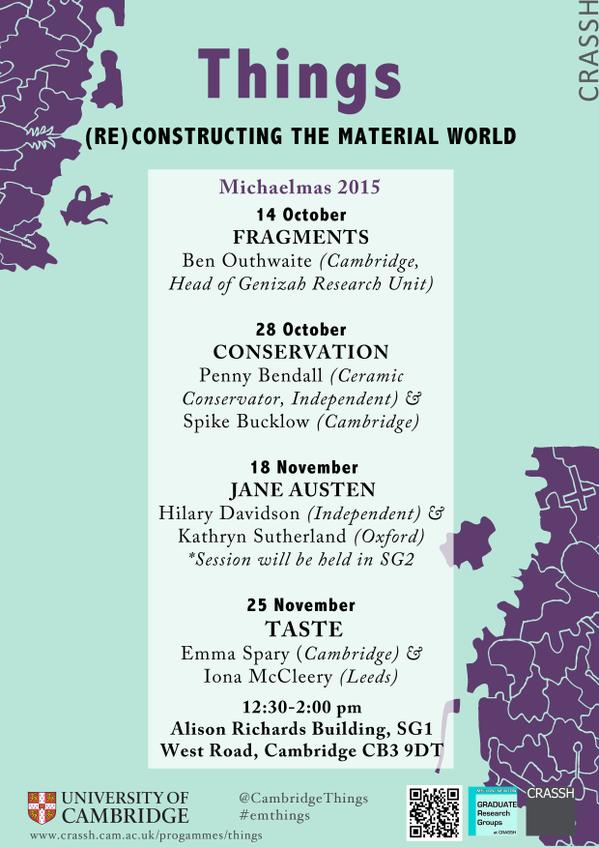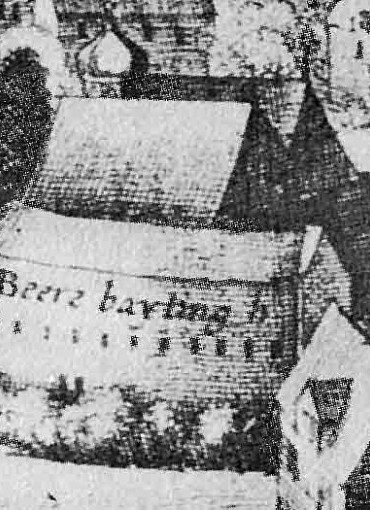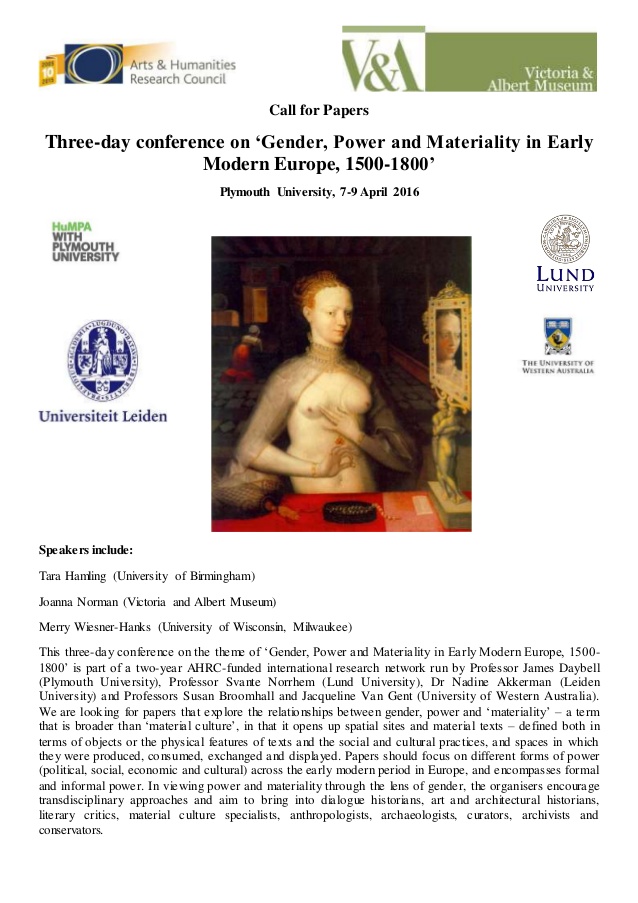In this post, new Research Fellow in English at Trinity Hall Vladimir Brljak tells us about his work on early modern poetics and allegory:
Many thanks for this opportunity to introduce myself to the Renaissance Research Group!
I did my BA in English at the University of Zagreb, Croatia, and began doctoral studies there, but eventually transferred to Warwick, where I recently completed a PhD on ‘Allegory and Modernity in English Literature, c.1575-1675’. Allegory in general, and the 1500-1700 period in particular, have thus been a major interest for some years, and I have now begun preparing a book on the subject, provisionally titled, after a phrase by J. A. Symonds, The Allegorical Heresy. I have published and presented on my principal research interests – allegory, poetics, Milton, Shakespeare – and my latest article, on the anti-allegorical impulse in Milton’s work, has been awarded the Review of English Studies Essay Prize for 2014.
As Research Fellow at Trinity Hall, I will be seeking to expand my work on early modern poetics in various directions, with a particular focus on the mid-seventeenth century, a period that has remained in the shadow of the Edwardian pioneers in the field, who dismissed it, in no uncertain terms, as a fallow interlude between the waning age of Sidney and the dawning age of Dryden (‘Dead Water in English Criticism’ was Saintsbury’s verdict; Spingarn apologized to his readers for having edited ‘three volumes of Nobody “On Nothing”’). Subsequent work has not done enough to repair these unfortunate judgments, and this key period, which saw traditional modes of poetic theory, as they stood c. 1600, collide with new forms of knowledge that radically transformed the intellectual landscape of seventeenth-century England, is yet to be fully integrated into our histories of poetics and literary criticism. The first fruits of this research have been presentations on the relevant writings of Francis Bacon, and on an unpublished essay on poetic theory by Kenelm Digby, which I am now editing for publication with an introduction and commentary. Further dispatches from the Dead Water will follow.
Finally, I am also editing a volume of essays in interdisciplinary allegory studies, and continue to be involved in related projects, most recently as co-organizer, together with Karen Lang and Peter Mack, of Rethinking Allegory, a colloquium taking place at the Warburg Institute on 30 October. So let me conclude by inviting you to join us, and the truly international and interdisciplinary team of speakers we have been fortunate to assemble, for what promises to be an exciting day in London. For more information, visit http://warburg.sas.ac.uk/events/colloquia-2015-16/rethinking-allegory.
Contact Vladimir here: vb276@cam.ac.uk







